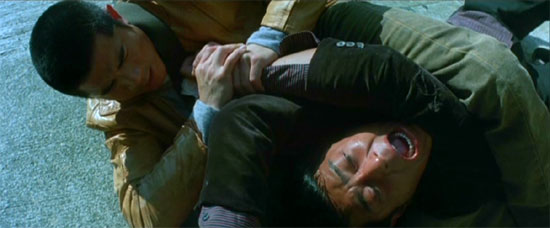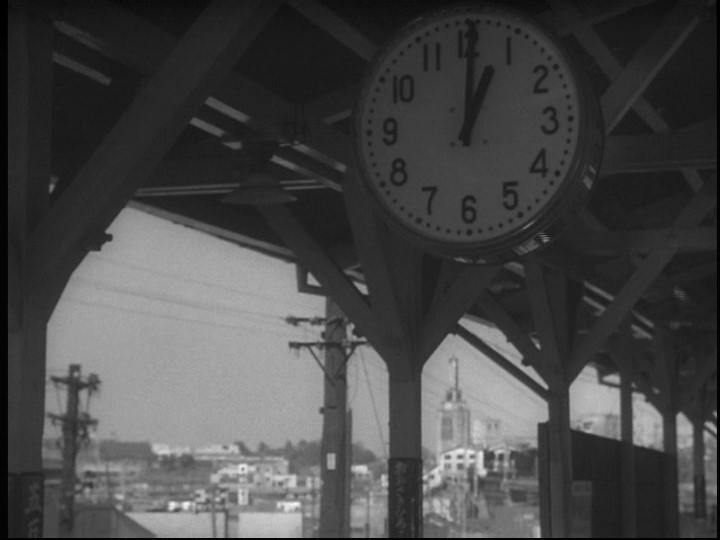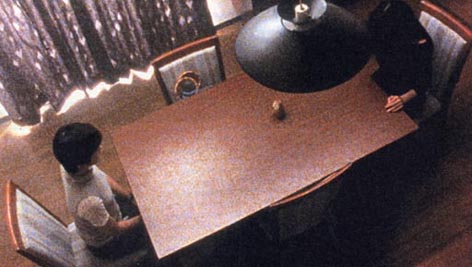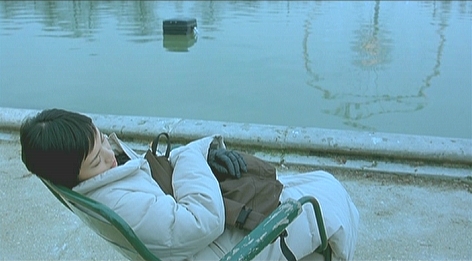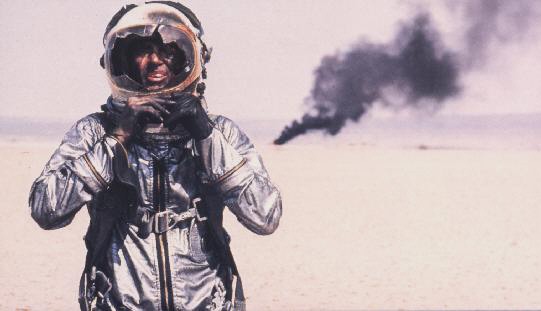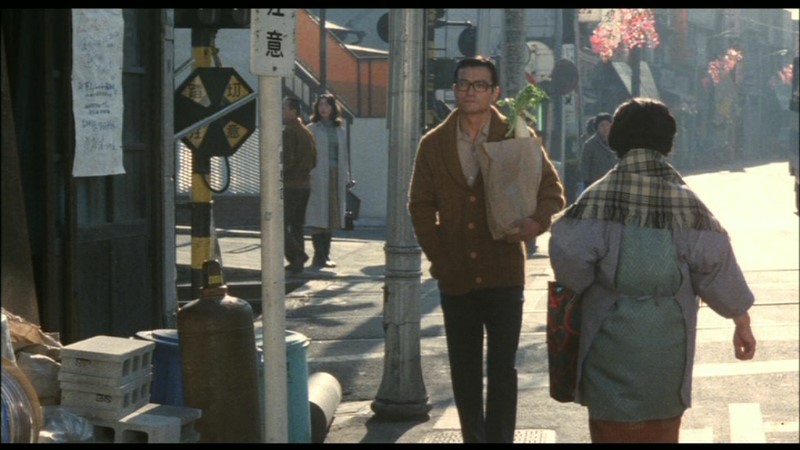 A
ADirected by Mikio Naruse
"When a Woman Ascends the Stairs," arguably the masterwork of Mikio Naruse, the "Fourth Master" of Japanese cinema, displays the work of a director who, like his co-masters, Kurosawa, Ozu, and Mizoguchi, operated on a 'cinematic plane," so to speak, that few directors can even aspire to, let alone reach. Although it may sound hyperbolic, when you sit down and watch the best work of these four directors (and "When a Woman Ascends the Stairs" definitely stands up to the best of Kurosawa, Ozu, or Mizoguchi) you can't help but be humbled by their work. There's a timelessness and understanding of the human condition that infuses much of the best work of these four directors and explains why all four are so revered amongst both filmmakers and film watchers.
"When a Woman Ascends the Stairs" is, in many ways, one of Naruse's most biting social critiques. It follows the efforts of "Mama" (played by Hideko Takamine), a bar girl in Tokyo's Ginza district who wants, like most of the girls around her, to find a way out of the crummy confines of the bar that employs her and begin enjoying a measure of personal freedom. As Naruse is careful to point out, however, post-war Japan was no place for a woman's dreams to find flight and indeed Mama, although headstrong and intelligent, finds her efforts at securing a better future for herself and her extended family thwarted at every turn. Naruse's empathy for the plight of women gives "When a Woman Ascends the Stairs" an almost feminist perspective, as Mama's inability to find happiness is shown as a direct by product of a strictly male dominated, patriarchal society.
Since "When a Woman Ascends the Stairs" is widely considered the penultimate achievement of one of Japan's greatest directors, it should be unsurprising to hear that there isn't much to criticize here. Indeed, Naruse's film is anchored by wonderful dialogue, a cool aesthetic, and great performances from its leads, particularly the wonderful Hideko Takamine as Mama. Naruse is often compared to Ozu, not so much for his material (Naruse was interested mostly with members of lower social strata than Ozu who studied mostly middle and upper middle classes families), but due to their similar ability to tell rather minimalist stories that nonetheless have a profound emotional resonance and are both very "Japanese" and timelessly universal as well. Nevertheless, I have always found that even though both directors' best work is indeed perceptive about human interactions and emotions, to a degree almost unmatched by any of their peers, Naruse never really hit the level of universal "transcendence" (for lack of any better word) that Ozu did. Indeed, in "When a Woman Ascends the Stairs," I felt that Naruse's point was perfectly summed up in the brief paragraph on the back of the Criterion Collections edition of the film, which noted how in the film "Keiko (Mama) comes to embody the struggles of a woman trapped in a male dominated world." Indeed, this is mostly the crux of the story in "When a Woman Ascends the Stairs." Mama tries to make a place for herself in a patriarchal society but finds herself increasingly frustrated by the very fact that she lives in a male dominated society. As such, Naruse's point seems to be that it was tough to be a woman in Japan in the 1950's. So I've heard.
Beyond that, however, and despite the fact that this point is well illustrated throughout the film, this seems to be the extent of the work. I'm sure Naruse scholars would scream bloody murder if they read this, but I can't help feeling that there just isn't as much simmering beneath the surface of "When a Woman Ascends the Stairs" as many believe there is. This "criticism," however, is actually anything but and is rather a question of a personal taste moreso than any shortcoming in Naruse's film. Indeed, "When a Woman Ascends the Stairs," is a deep, moving, and flawlessly executed film and the only real elements to nitpick or argue over come down largely to questions of preference.





